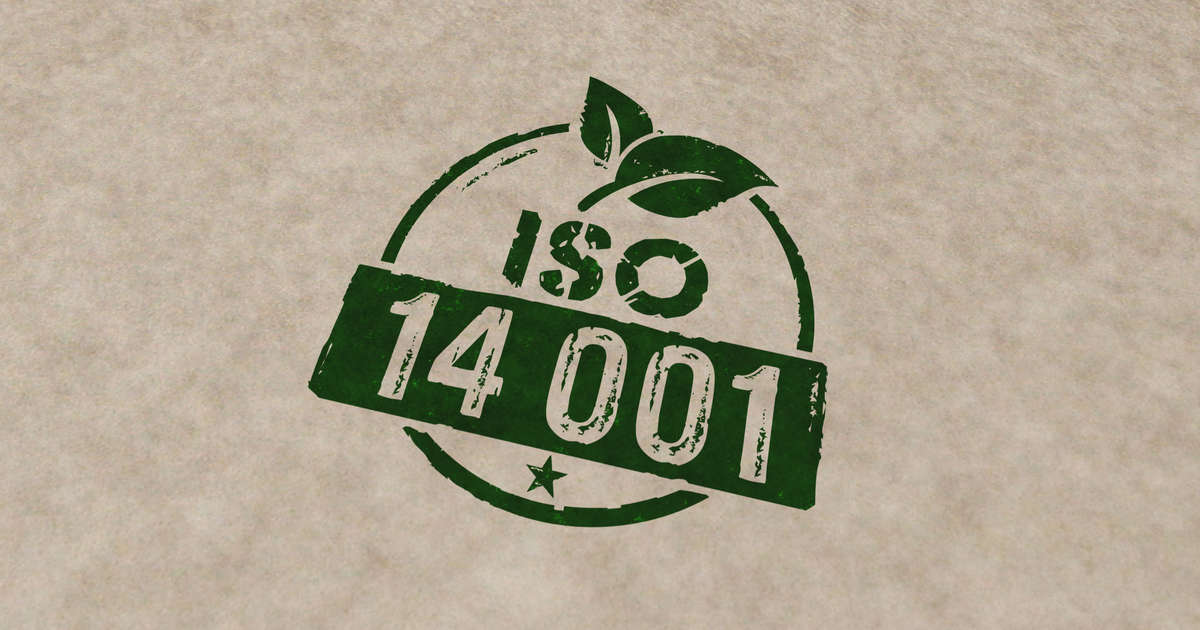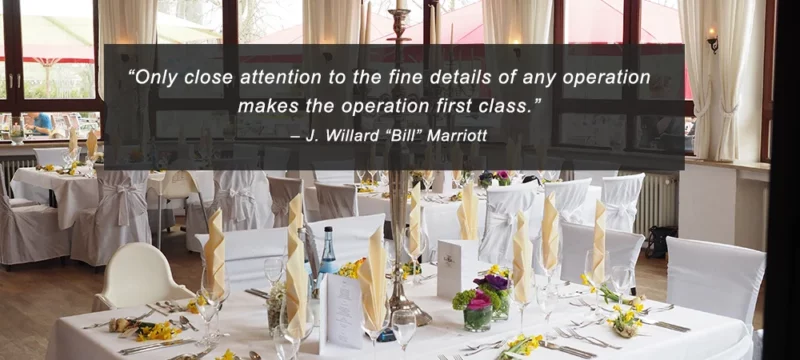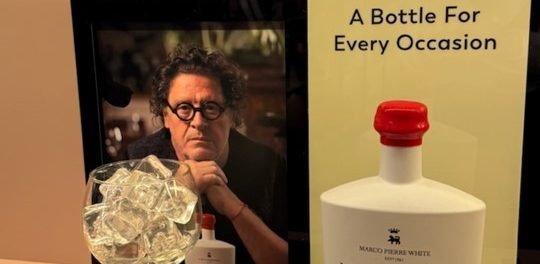
Imagine this: you run a 30-room independent hotel in Spain. You’ve invested in solar panels, eliminated single-use plastics, and source food from local suppliers. Guests praise your efforts. Yet when travellers search on Booking.com, your property doesn’t show up under “sustainable stays.” Why? Because you don’t have a third-party sustainability certification. Under new EU rules, you’re not even allowed to call yourself “eco-friendly” without one.
For years, hotel sustainability certifications have been voluntary—nice to have, rarely market-shifting, and often more about signalling than substance. That era is ending.
The EU’s new Empowering Consumers for the Green Transition Directive (EmpCo) already bans vague green claims without evidence. The proposed Green Claims Directive (still under negotiation) goes further, requiring third-party verification before companies can market environmental claims. The aim: protect consumers from greenwashing. The unintended consequence: creating barriers that many small hotels may never overcome.
Our analysis of 82,301 hotels across Europe shows a clear pattern. Hotels are more likely to hold sustainability certification if they:
- Belong to a chain
- Have 4 or 5 stars
- Are large properties
- Have medium to high guest satisfaction
- Operate in countries with a medium to high tourism footprint
In short: those with the resources to absorb costs and the visibility to need reputational safeguards.
Today, fewer than 10% of European hotels are certified. While EmpCo will push certification bodies to tighten standards, the new rules may unintentionally lock out independent and smaller hotels. Certification is expensive, time-consuming, and heavily reliant on consultants and auditors—resources that multinationals can share across portfolios, but independents cannot.
The risk is that green claims become a privilege of the powerful, legitimising inequity under the guise of consumer protection. Smaller hotels may be forced to stay silent about their sustainability efforts—what researchers call greenhushing—simply because they cannot afford to prove them.
This is already happening. Booking.com’s experiment with its self-reported “sustainability leaves” system encouraged thousands of hotels to engage. But once regulators raised concerns about unverifiable claims, the programme was shut down, replaced only with recognised third-party certifications. The result: a fast track for large hotels, and a dead end for many small ones.
The policy intent is right: consumers deserve reliable information, and hotels must be accountable for their claims. But without support mechanisms, subsidies, or simplified procedures for SMEs, the EU risks creating a two-speed hospitality market—where sustainability is loudly communicated by chains and quietly practised by independents.
What Hoteliers Should Do Now
-
Audit your claims.
Review all sustainability messages on your website, OTA listings, and marketing. Strip out vague terms (“eco-friendly,” “green”) unless you can back them with verifiable data. -
Choose a certification pathway.
Identify which certification schemes are recognised by OTAs and compliant (or likely to be compliant) with the EU’s Empowering Consumers Directive. Start with one property or pilot project if resources are tight. -
Leverage support and partnerships.
Look for subsidies, industry association programmes, or destination-wide initiatives that can offset certification costs. Collaborating locally can reduce the burden on independents.
The lesson for hoteliers is clear: don’t wait. Even with EU rules still being negotiated, distributors and corporate buyers are already tightening requirements. If your hotel cannot make substantiated green claims, you risk being invisible in tomorrow’s marketplace.
Read the full report here: SocArXiv Papers | INEQUITABLE ACCESS TO SUSTAINABILITY CERTIFICATION: IMPLICATIONS FOR THE IMPLEMENTATION OF EUROPEAN GREENWASHING LEGISLATION
Xavier Font
Professor of Sustainability Marketing, University of Surrey
University of Surrey









